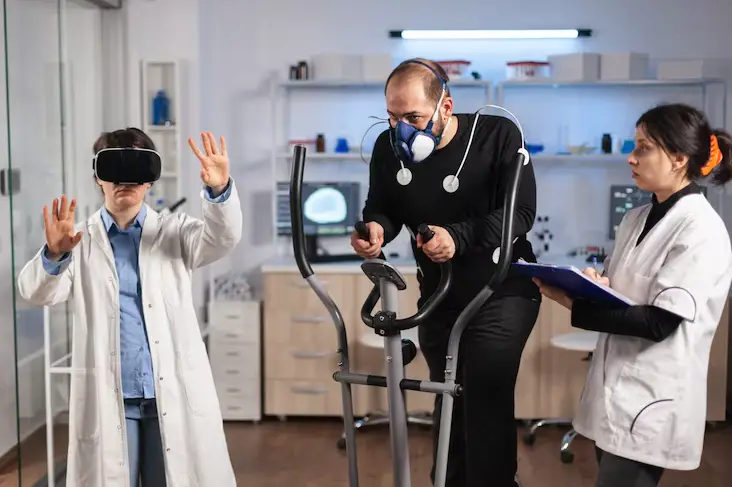How Advancements in Medical Engineering Are Transforming Everyday Lives

In the 21st century, medical engineering is not just about innovation within hospital walls. It’s about how these advancements are reshaping the lives of ordinary people, often in subtle but profound ways. From improving mobility to enhancing quality of life through cutting-edge implants and wearable technology, the influence of medical engineering can be felt in nearly every aspect of healthcare.
Personalized Healthcare Through Wearable Tech
Wearable health technology has come a long way from simple step counters. Devices like smartwatches, fitness trackers, and even smart clothing are equipped with sensors that can monitor heart rate, oxygen saturation, sleep patterns, and even detect signs of irregular heartbeats. These tools empower individuals to take charge of their health, allowing for real-time monitoring and early detection of potential health issues.
Medical professionals can also remotely access this data, making it easier to provide personalized care without requiring constant in-person visits. This is particularly transformative for those managing chronic conditions such as diabetes, hypertension, and cardiac diseases.
The Rise of Robotic Surgery and Precision Medicine
Robotic-assisted surgery is another revolutionary leap in medical engineering. It allows for highly precise, minimally invasive procedures that reduce recovery time and minimize risk. Whether it’s orthopedic surgery, cardiac operations, or even complex neurological procedures, robotics enables surgeons to operate with a previously unimaginable level of accuracy.
Coupled with the rise of precision medicine, which uses genetic information to tailor treatments to individual patients, these technologies are making healthcare more effective and less invasive. Personalized treatment plans based on genetic markers and lifestyle data reduce trial-and-error prescriptions and dramatically improve patient outcomes.
Enhancing Quality of Life with Medical Implants
One of the most tangible ways medical engineering impacts daily life is through the use of implants. These range from artificial joints and pacemakers to advanced hearing aids and dental implants. The design, materials, and integration of these implants have evolved drastically, making them more durable, comfortable, and effective.
Take, for example, dental implants in Tavistock. These implants are engineered to mimic the function and appearance of natural teeth, helping individuals regain their ability to chew, speak, and smile with confidence. For those who have suffered from tooth loss due to injury or disease, dental implants are life-changing, restoring not only functionality but also self-esteem.
Prosthetics and Bionics: A New Era of Mobility
The field of prosthetics has seen incredible innovation thanks to medical engineering. Gone are the days of rudimentary wooden limbs; modern prosthetics are now powered by microprocessors and controlled by muscle signals or even brain impulses. Some of these advanced devices can provide sensory feedback, making the experience of movement more natural and intuitive.
For individuals who’ve lost limbs due to accidents or illness, bionic limbs offer renewed independence and a vastly improved quality of life. These devices are becoming more accessible and customizable, allowing users to participate in activities that were once considered out of reach.
The Future: AI and Regenerative Medicine
Looking ahead, the integration of artificial intelligence (AI) and regenerative medicine is set to push the boundaries of what’s possible. AI algorithms are already assisting in diagnostics, treatment planning, and patient monitoring. Meanwhile, regenerative medicine, including stem cell therapy and tissue engineering, aims to repair or replace damaged organs, potentially eliminating the need for transplants altogether.
Imagine a world where damaged heart tissue can be regenerated or where liver failure doesn’t mean waiting on a transplant list. These futuristic scenarios are inching closer to reality, thanks to the relentless innovation in medical engineering.
Final Thoughts
From wearable tech to life-saving implants and AI-assisted surgery, the ripple effects of medical engineering are reshaping everyday life in incredible ways. As technology continues to evolve, so too will the possibilities for improving health, extending lifespans, and enhancing the human experience.
